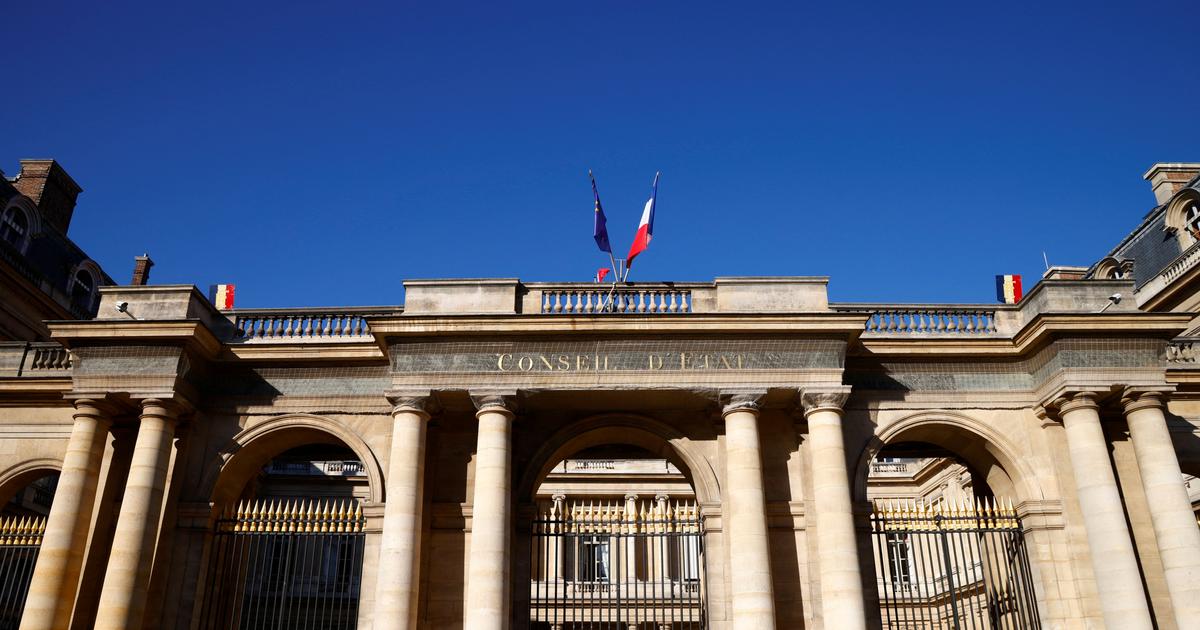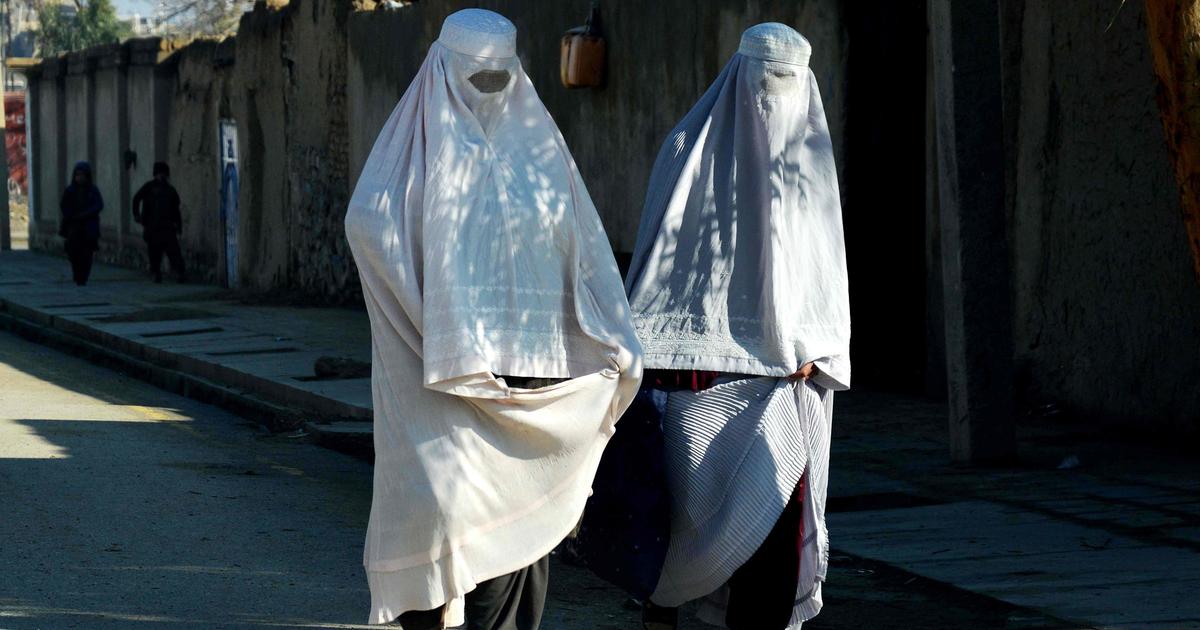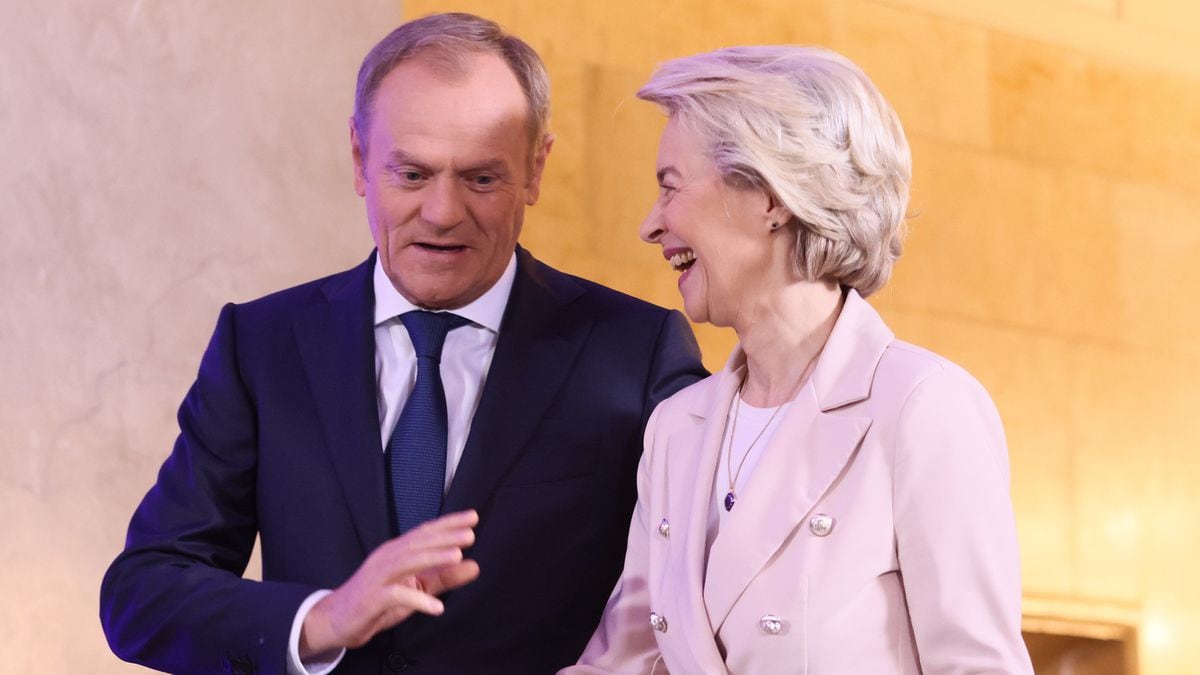Ghislain Benhessa is a lawyer and doctor of law, author of
The Rule of Law and the Test of Terrorism
(Éditions de l'Archipel, 2017).
The contrast is striking.
On the one hand, on September 28, the Council of State validated the circular of Jean-Michel Blanquer booed by part of the right.
Result: transgender children now have the right to use their first name – that is to say of their choice – during their school life.
The highest court of the French administrative order thus sanctifies the inclusivity of the “new genre” school of the Republic – no pun intended.
On the other hand, the press is indignant to see the Supreme Court of the United States destroy a number of social and “societal” achievements – to use the popular lexicon.
Last June, it was abortion that American judges decided to abolish, at the same time as they approved the right to carry a weapon outside the home.
Today, through constitutional questions relating to the organization of elections and religious beliefs, the rights of African Americans and homosexuals, the designated victims of their retrograde jurisprudence, would be on their menu.
Seen from above, the cleavage is obvious.
With us, progressive magistrates quick to correct all discrimination.
On the other side of the Atlantic, judges with a suspect, even scandalous conservatism.
For some named – coincidentally – by that devil Donald Trump.
What the Court pointed out so much is that the job of the judge is not to bless progress, to sanctify the
Zeitgeist
, but to stand back.
To opt for
“self-restraint”
, that is to say self-limitation or judicial restraint.
Ghislain Benhessa
Beyond the distinctions in kind between these two jurisdictions – the Supreme Court is closer to our Constitutional Council – and beyond the criticisms raining down on the composition of the highest court in the United States, a such a reading stems from a fundamental error: forgetting what the rule of law means.
Nowadays, it is common to equate the rule of law with the abolition of discrimination, with the recognition of the singularities of each, with the sanctification of grievances – individual or community.
Change sex in civil status without prior surgery?
A right in the name of respect for one's private life, according to the European Court of Human Rights, followed by the Court of Cassation.
Wear the Islamic veil in all circumstances?
A “freedom”
promoted by
"diversity"
, to use the lexicon of the Council of Europe.
That the European Parliament has also made its own, rejecting the amendment of François-Xavier Bellamy who wanted the institutions of Brussels to stop financing campaigns to promote the hijab.
Change first name at school – that is to say, from childhood – in the name of his transidentity?
The mark of
“inclusive schooling”
for all students and the desire to ensure the
“well-being of the young people concerned”
, according to the Council of State.
The framework is clear, the objective displayed: to cross out the differences in treatment, to satisfy desires, to allow everyone to be whoever they want, as they wish, when they wish.
The rule of law transformed into a cash register of claims, in short.
And great organizer of the range of rights brandished all the time.
Read alsoFormer Supreme Court Justice Stephen Breyer: “The Constitution serves to maintain the unity of the United States”
The problem is that the position defended by American judges – reluctant to the new
“diversity regime”
of which Mathieu Bock-Côté speaks – is no less legitimate.
Because beyond the outcry and the ready-made analyzes that obscure the rigor of the Supreme Court's arguments, what exactly are they saying?
For example, in view of the country's history, abortion is neither a practice accepted for ages, nor the business of the federal government based in Washington.
As proof, at the time when privacy integrated the guarantees offered by the Constitution, most federated states were hostile to abortion except in cases of medical emergency.
Therefore, as the Elders of the Supreme Court believe, it is up to the government of each state to decide this question.
Above all, the Court bluntly asserts that judges do not have to
interfere at heights that come under the political, that is to say elected by the people.
The sacramental principle of popular sovereignty forbids them to take control, at the risk of deposing the representatives anointed with the Holy Chrism of the election.
Basically, what the Court has pointed out so much is that the job of the judge is not to bless progress, to sanctify
Zeitgeist
, but to stand back.
To opt for
“self-restraint”
, as they say over there, that is to say self-limitation or judicial restraint.
The prudence of the judge is the demonstration of his wisdom.
The antidote to militancy.
And the sign that he is not trying to improvise an occult legislator.
Today, in the name of the “values” of the rule of law inscribed on the frontispiece of European treaties and swung in the face of bad students like Poland and Hungary, the judge is the armed wing of deconstruction.
Ghislain Benhessa
This lesson, no one understands it anymore.
By confusing the rule of law and propaganda, the act of judging and the beatification of progressivism, law and morality, the judge is transformed every day more into a henchman of the times.
He is no longer the conscientious exegete of the texts that pre-exist him, the guardian of the principles for which he is discreetly responsible, but the promoter of a revolution of consciences.
Formerly, the judge had to be
"the mouth of the law"
, according to the old formula of Montesquieu.
The subordinate of the legislator.
Today, in the name of
"values"
of the rule of law – including the sacrosanct protection of minorities – inscribed on the frontispiece of European treaties and swung in the face of bad students like Poland and Hungary, it is the armed wing of deconstruction favored by “Wokism” .
Rather than importing this deadly current, which cracks national cohesion, let's meditate on the position of the Supreme Court.
Let's try, for once, to get the best out of the United States.
The bad judge is not necessarily the one we believe.







/cloudfront-eu-central-1.images.arcpublishing.com/prisa/OCS7V4Q6YKB6UMI76BXPPNGQJE.jpg)

